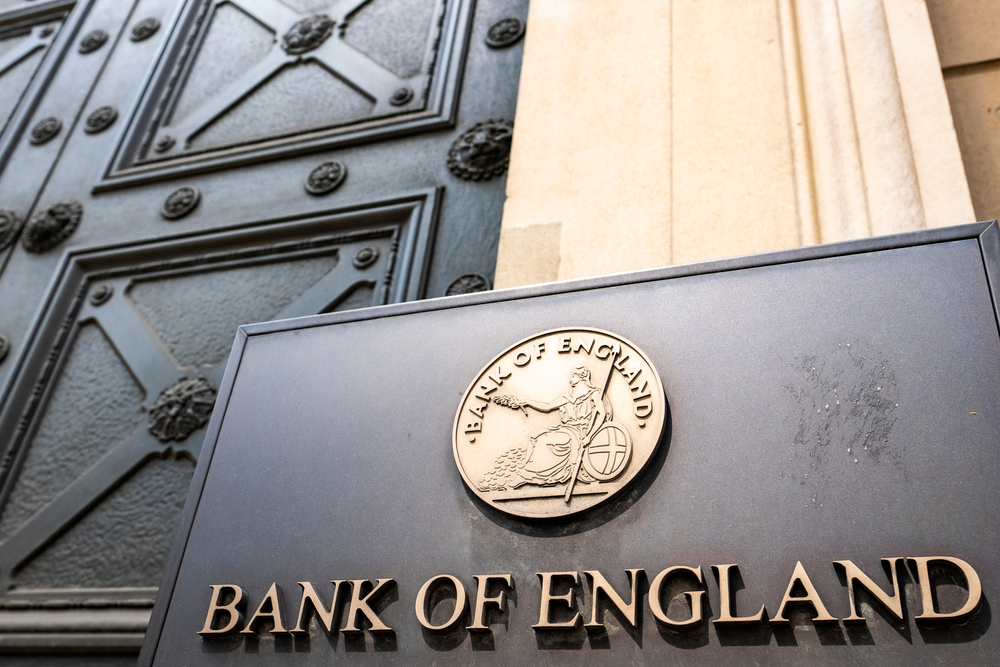
Summary
- This week in crypto policy news, the European Banking Authority (EBA) held a hearing on the key aspects of MiCA’s prudential package. CCI attended and reported the hearing on third package of consultations under MiCA.
- Also in the EU, the European Security Markets Authority (ESMA) published two consultations on draft guidelines covering reverse solicitation and the classification of crypto assets as financial instruments under MiCA.
- In the UK, the Labour Party published its plans for financial services, including what its priorities would be in government, noting international competitiveness as a key priority and recognising innovation and fintech as the future of financial services.
- The Thai SEC is transitioning towards more crypto-friendly regulations while in Malaysia, the Royal Police’s crypto unit has expressed confidence in tracking crypto-related crime citing the unique and traceable nature of blockchain technology.
- Read our crypto policy news roundup and share our thread on X and LinkedIn.
European Crypto Regulation Insights: EBA’s MiCA Hearing Highlights
The Crypto Assets Regulation’s (MiCA) prudential package hearing held by the European Banking Authority (EBA) on 30 January 2024 covered consultations on key aspects of prudential regulation for crypto-asset service providers including own funds requirements, stress testing, recovery plans, liquidity standards and reserve assets. CCI was there to attend the EBA’s hearing on its third package of consultations under MiCA.
The morning session focused on the consultation papers published by EHA regarding adequacy of own funds to cover risks, governance and reporting processes for stress testing, and content and procedures for recovery plans. The afternoon session concentrated on the consultations related to liquidity risk management including risk coverage, reporting obligations, composition of high-quality liquid assets, and minimum requirements for reserve assets to enable orderly wind-down.
The key political takeaways that CCI observed was that own funds requirements were seen as problematic on several levels including a focus on loss absorption rather than risk mitigation, a risk of double counting; and ban of further issuance. Furthermore, liquidity rules and reserve assets were seen as major problems by industry representatives.
Importantly, the hearing provided an opportunity for the EBA to gather feedback from stakeholders on these draft regulatory technical standards which will establish prudential rules for crypto-asset service providers in the EU under the MiCA framework. By attending this hearing, CCI aims to share its perspectives on ensuring prudent regulation that balances managing risks with supporting innovation in the crypto ecosystem.
Navigating Crypto Assets: ESMA’s Latest Draft Guidelines
The European Securities and Markets Authority (ESMA) has initiated two public consultations regarding the regulatory treatment of crypto assets and the concept of reverse solicitation within the EU’s financial markets. These consultations are part of the development of guidelines under the MiCA framework, which aims to establish clear rules for crypto assets and service providers in the EU.
ESMA is seeking input on the classification of crypto assets as financial instruments and the circumstances under which reverse solicitation – where clients from another country initiate services from a provider- occurs. The authority has outlined specific questions in the consultation documents and is inviting comments that provide a clear rationale and suggest alternative approaches. All stakeholders, particularly crypto-asset service providers and financial entities dealing with crypto-assets, are encouraged to participate. ESMA will accept feedback until 29 April 2024, and plans to publish all contributions post- consultation, with the option for respondents to request confidentiality for certain parts of their submissions.
UK’s Fintech Future: Labour Party’s Financial Services Blueprint
The UK’s Labour Party has outlined its vision for the financial services sector, emphasizing international competitiveness and innovation in fintech as pivotal elements for the future. Recognizing the sector’s significant contribution to the UK’s economic output, Labour’s plan aims to secure the highest sustained growth in the G7 by championing the UK as a global leader in the financial services. The party’s strategy includes scaling regional financial centers alongside London, streamlining regulatory frameworks, and fostering a collaborative relationship with the EU. Consumer protection and financial inclusion are also key priorities, with proposals to explore alternative models for increasing access to financial services. Labour’s commitment to working with the sector to define a detailed policy agenda reflects its intention to embrace innovation and enhance financial wellbeing, positioning fintech at the heart of the UK’s financial services future.
Decoding India’s Stance: Navigating Crypto Taxation and Policy Landscape
India’s latest federal budget has maintained its stringent taxation policies on crypto, despite a study indicating the country has incurred a loss of nearly $500 million due to its current crypto tax regime. The budget, presented by Finance Minister Nirmala Sitharaman, did not alter the existing tax deducted at source (TDS) policy, which has been a point of contention within the crypto industry. The policy includes a 30% tax on crypto profits and a 1% TDS on all crypto transactions. While the domestic crypto industry and a think tank had advocated for a reduction in TDS, the interim budget, revealed in an election year, traditionally avoids major fiscal changes. This approach is consistent with the government’s practice of presenting an interim budget to cover short-term expenses, with a full budget expected after election results in July.
Despite no tax reductions in the past two years, the government has taken measures against offshore crypto exchanges which has had the effect of driving crypto activity back to Indian exchanges.
Embracing Digital Assets: Thailand SEC’s Crypto-Friendly Shift
Thailand’s Securities and Exchange Commission (SEC) is shifting towards more crypto-friendly regulations, as evidenced by an updates framework published recently. The Thai SEC, which regulates crypto under the Digital Asset Businesses Decree, has removed the investment limit for retail investors in digital tokens backed by real estate or infrastructure. This marks a significant change from the previous rules that limited retail investors to 300,000 Baht ($8400 approximately) per offering in asset-backed initial coin offerings (ICOs). The updated framework also introduces new rules for custodians and expands the SEC’s role in monitoring digital asset businesses. Companies looking to expand in the digital asset sector must first secure approval from the SEC, ensuring their growth plans aligns with regulatory standards. Despite these progressive steps, the Thai SEC has chosen not to allow spot bitcoin exchange-traded funds (ETFs), mirroring South Korea’s approach.
Innovative Crime Fighting: Malaysia’s Blockchain Forensics Success
In Malaysia, the Royal Police’s crypto unit has expressed confidence in tracking crypto-related crimes, citing the unique and traceable nature of blockchain technology. The director of the unit highlighted that the inherent characteristics of blockchain provide a clear “trail” for investigators, making it easier to trace illicit activities. This statement comes amidst a broader crackdown on crypto crime in the country, reflecting a global increase in security incidents within the Web3 industry. In 2023 alone, there were over 940 security incidents, marking a significant rise from the previous year, with losses amounting to $1.79 billion. To combat these challenges. To combat these challenges, over 2800 cyber police personnel in Malaysia have received advanced training in crypto forensics. This effort is part of a larger initiative to modernize law enforcement capabilities to address the misuse of emerging technologies effectively. The Malaysian approach aligns with international trends where regulatory bodies and law enforcement agencies are intensifying their efforts to prevent the use of crypto in money laundering and other criminal activities.

























